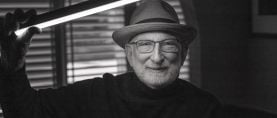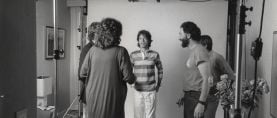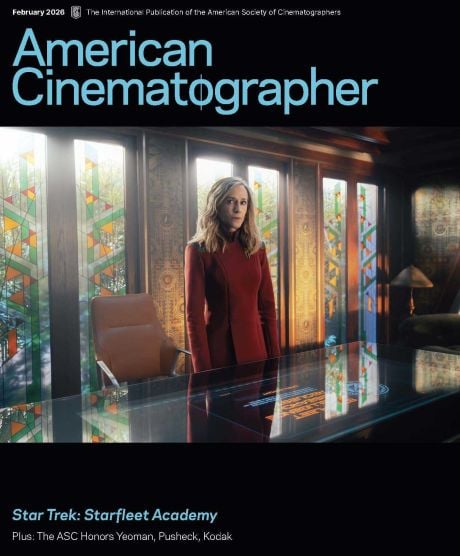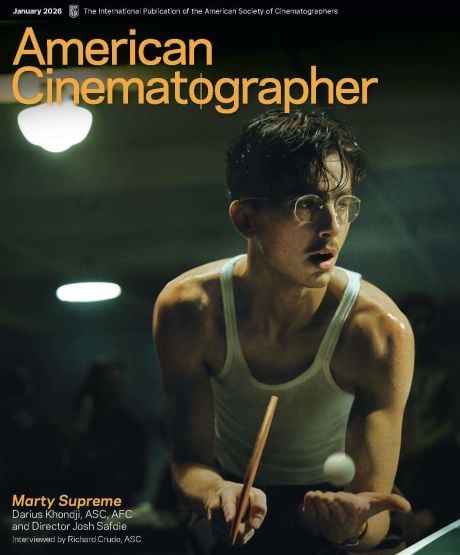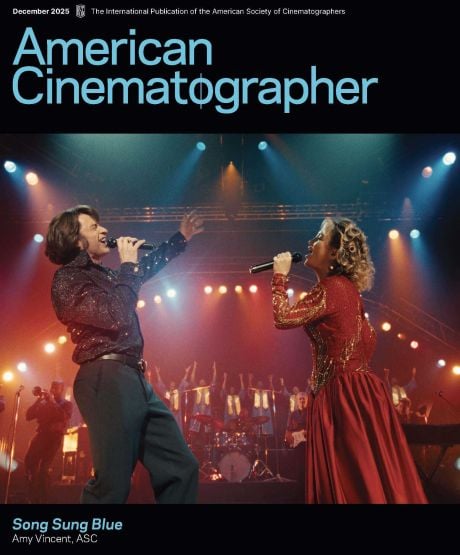
The [Virtual] Production Future
“While the technology of VP is recent, the idea of in-camera compositing is as old as moviemaking itself.”
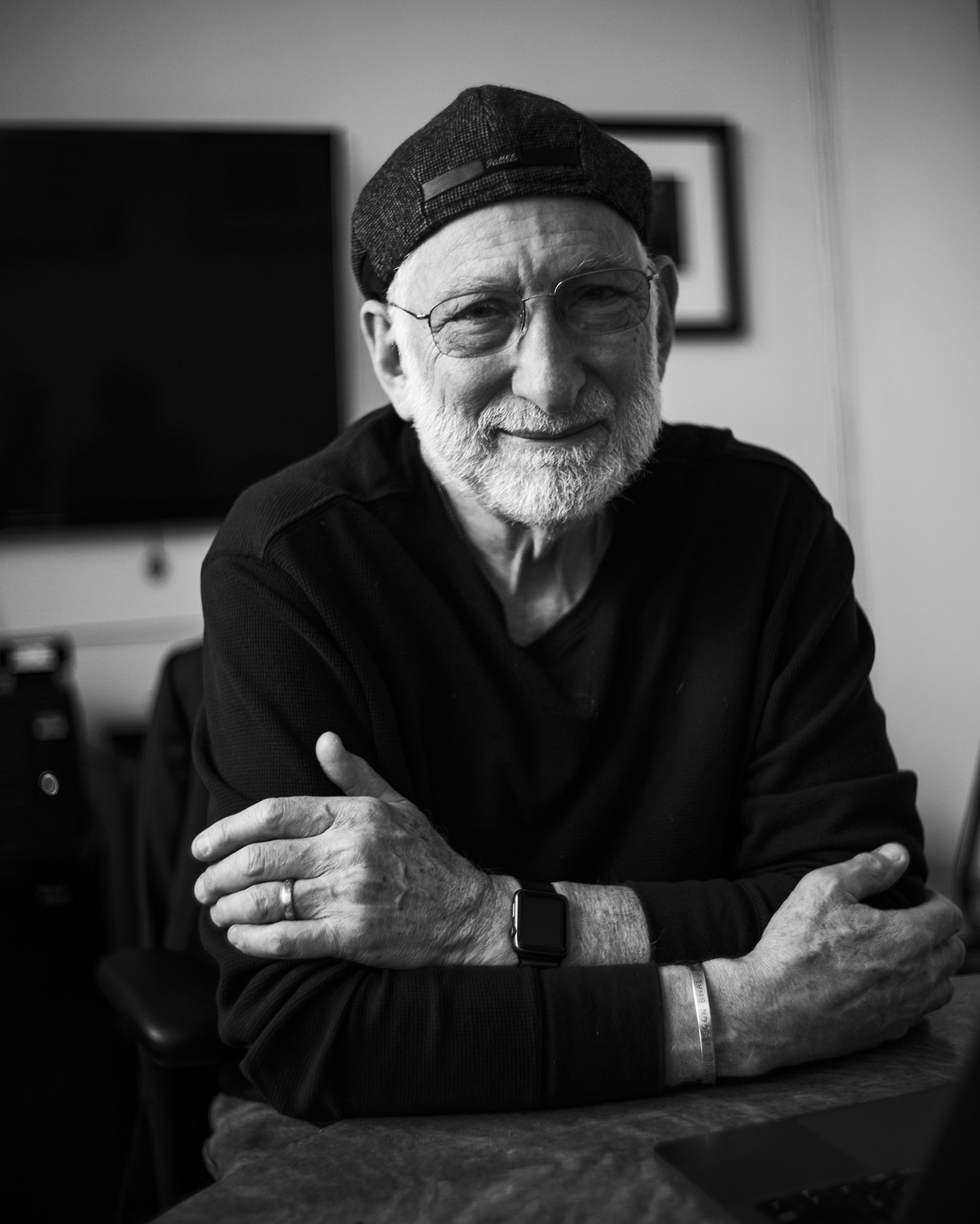
With this issue of American Cinematographer, we return to the theme of virtual production. While the technology of VP is recent, the idea of in-camera compositing is as old as moviemaking itself, starting with simple dissolves — which required the cameraperson to mechanically fade out the ending of one shot, cap the lens, rewind the film, and then begin a new take gradually fading in — all in-camera. Techniques for in-camera effects grew more sophisticated, but were actually logical and simple, and included such methods as matte painting, where an experienced scenic artist would paint an image on a large glass plate suspended in front of the lens; magically, an entire village, mountain or skyscraper was added to the live footage. Some of you may also remember when the Ultimatte system first allowed a trial marrying of video images on set when used with a green- or bluescreen.
Fast-forward to now, and we have a new magic for compositing with LED screens being
fed video images — one of the main themes of this issue. Of course, people have to create
the images to feed to these screens, and so it takes a village to create a “village” image that can suddenly appear on set, camera-ready. It will be essential for cinematographers, production designers and CGI specialists to collaborate for this technology — like any other in our
field — to successfully advance the story being told.
This challenging collaboration will only work if all the players realize there is no “boss” in
the traditional sense. “My way or the highway” is an attitude that most likely will be left in
our past. As James Baldwin put it, “Not everything that is faced can be changed, but nothing can be changed until it is faced.” Cinematographers now have to face more authors of the in-camera image than just themselves and their teams. There will be more collaborators
working on this image, and, as it involves an intensely electronic process, many more wires
on the floor of the set.
In fact, the entire film industry looks like it is being rewired these days. Mat Beck, ASC has
a thoughtful piece in this issue examining how many filmmaking methods and technologies
are being reconceived and pushed to evolve due to the pandemic. And with virtual production set to play an ever-increasing role, the ASC will not only keep covering this topic in AC magazine, but we are also launching a series of Master Classes to explain and demonstrate this
new technology. There are bright new worlds ahead!
Stephen Lighthill
ASC President



